When Formula 1 – under current plans – returns to action it will have been 217 days since the most recent race, with drivers out of the cockpit for 126 days, marking an exceptionally long gap between competitive action. The landscape, socially and logistically, will also have changed substantially. But how might it affect the Formula 1 paddock? Motorsport Week spoke to Doctor Riccardo Ceccarelli, Founder and CEO of Formula Medicine, for an insight into the situation.
For many drivers the current period is the longest they have endured without getting behind the wheel of a racing car. It is the longest they have been in one single place. And when they return to their jobs their working environment will have changed drastically compared to the last time they all convened. One company in the paddock that will be keeping an eye on them, and team personnel, is Formula Medicine.
The Italy-based organisation has a team of doctors, psychologists, trainers, physiotherapists, osteopaths and nutritionists that work with drivers, placing as much importance – if not more – on mental training as on physical prowess. At last year’s Hungarian Grand Prix the organisation, and founder Dr. Ceccarelli, celebrated Grand Prix number 500. Formula Medicine currently works with eight of the Formula 1 teams, tyre supplier Pirelli, as well as crews from other organisations such as broadcaster Sky, logistics company DHL and technology partner Riedel. What will happen when everyone reconvenes in Austria?
“Obviously it’s a question mark for me also because it’s a situation not one of us has faced before,” says Dr. Ceccarelli, whose facility in Viareggio is starting to welcome a smattering of athletes after a near three-month shutdown.
“First of all there’s how much the lockdown can affect someone, because lockdown means that for some people, like the drivers living in Monte Carlo, you stay in an apartment, not a huge villa with a huge garden, so it’s like being in a jail. Others might be in the USA, or elsewhere, with less restrictions. But now we can go out a bit more, there is a bit more normality.
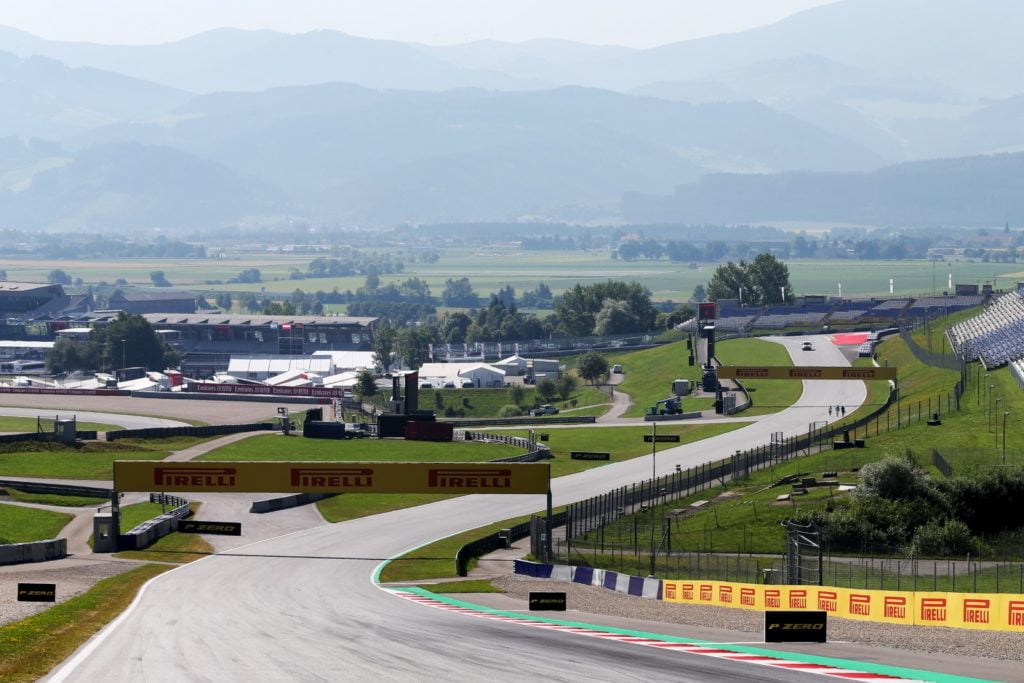
“I think if the race starts in July everyone will have the time to be fit and to be ready, physically. The problem is after a long period one thing that you don’t train, if you don’t drive, is the brain. The brain is like a muscle. And normally the right training, the most specific training, is to drive a car.
“Usually, when a driver finishes their season in October or November, and then they come back to us in January [for training], you can immediately see that they are not able to repeat the performance of when they were racing. All the tests are much worse and they consume even more energy, so the brain is like a muscle, if you don’t feed it you lose something.”
When the Formula 1 paddock does reconvene, it will do so with a reduced headcount, an altered routine, and no motorhomes. Dr. Ceccarelli is wary that this will pose an additional challenge to drivers.
“If we have the race in Austria, it will be different,” he says. “Maybe the catering is just one catering [unit], so you cannot have the facilities you normally have, maybe [the drivers] have to be protected so you cannot spend so much time with the mechanics and engineers, so it will be a different condition.
“What is important is the mental adaptability to different conditions. Some drivers have more flexibility, some others are more obsessive – which means you have always to repeat the same routine, always have things under control, it’s a characteristic. Some drivers have less capacity to change.
“There are some drivers who want to eat always the same things, there are some who change. Some drivers always do the same training, some like to change. There are some drivers who change teams or change the engineer and have problems because they don’t adapt to the new team even if it’s more competitive. This is what’s called mental flexibility.”
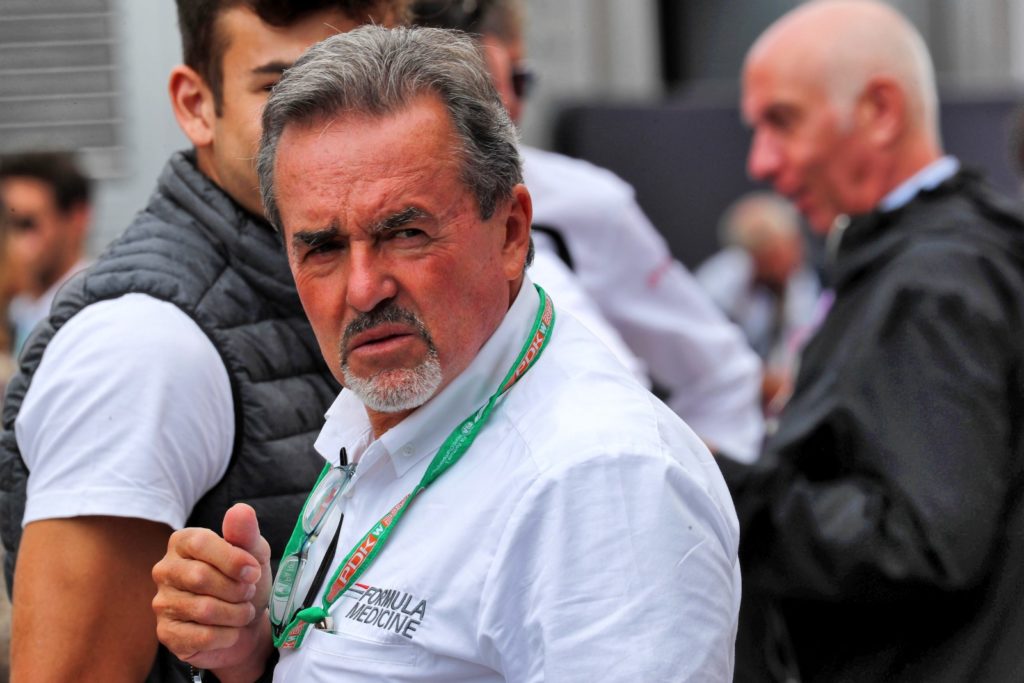
Formula 1 has arranged official virtual events and to date nine current drivers have participated, and a group of those have remained active on an almost-daily basis, organising their own competitions.
“The young drivers, normally they are more flexible,” he ponders. “They were playing a lot with the simulator, making challenges and competitions, and this creates adrenaline.
“The older generation, they don’t like it too much, they were not growing up with the simulator. I saw Charles Leclerc in many [online] competitions, I didn’t see Raikkonen or Vettel, so a simulator can also be a help in keeping the mind fit, especially if you do it competitively.
“What every athlete needs to be alive is adrenaline, and it’s difficult to have adrenaline when you are stuck in an apartment or a house. For me this is the most important thing, to keep the mind fit, consistently, every day.
“It’s like when a person retires, at 65 years old. If they have nothing to do, after one year they are a different person, much less active, much less brilliant. There is a quick degradation in terms of brain performance if you don’t keep your brain active.
“Obviously we are talking about 20 drivers, who are the top in the world, so if they arrive at that level it means they have extra capacity compared to the average person, so I expect every one of them will be quick in coming back to a high-level condition. But maybe there will be one or two races of adaptation, maybe someone will be more quick in mental adaptation, this is what I think, and from the physical side I think no one will have a problem as they have the right time to be fit from now to July.”
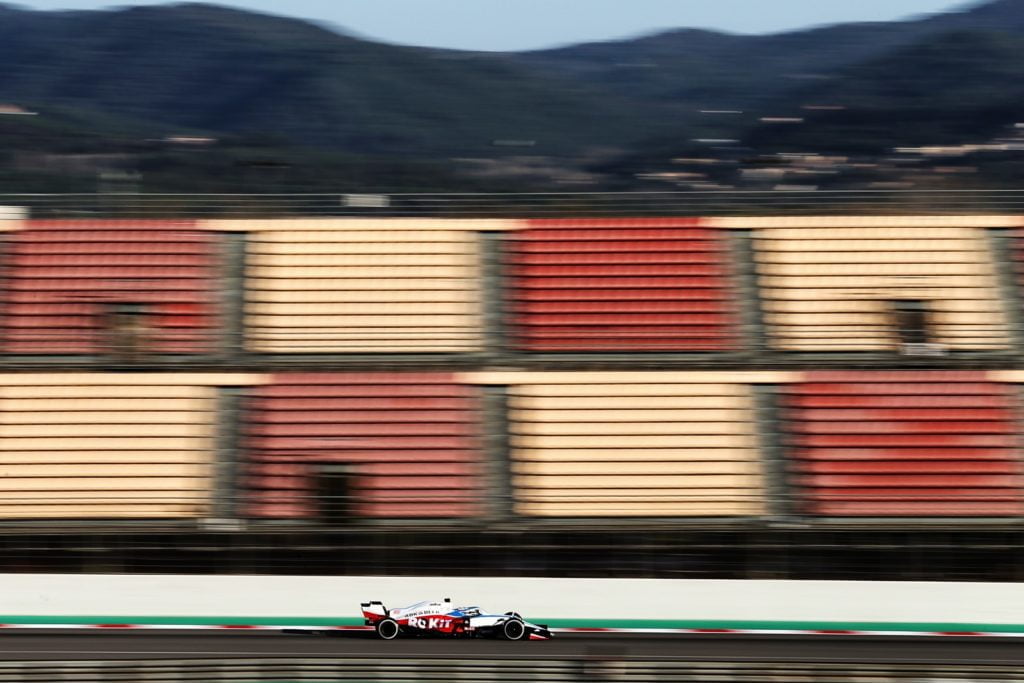
When Formula 1 does return it will do so in front of empty grandstands. There will be no Orange Army bouncing up and down in Spielberg. If Silverstone receives the green light there will be no crowd willing on Lewis Hamilton. But Dr. Ceccarelli doubts this will have as big an impact as in football, where matches have been played in eerily echoey stadiums.
“A footballer, in his home field, he can be influenced by the people screaming and from all the supporters, you hear, and you feel the extra motivation,” he reckons.
“I think for the driver it’s not something affecting them as when they jump in the car and wear the helmet they are on their own, so if the grandstand is full or empty they are not absolutely influenced.
“To have less people around might be a benefit. Normally drivers when they arrive at the weekend one thing they require is to stay focused, and have the mind free, and there are a lot of technical things to take care of, so their brain is already working a lot. They won’t have any commitments like marketing or something like this so to have less people around, and less commitments, can be also a benefit for them.”
Dr. Ceccarelli nonetheless suggests that “the only difference can be the moment of the grid, because when you see the grandstand full, obviously you probably have more adrenaline, more motivation, more emotion, otherwise it looks like a test, so at that moment it will probably be strange for them. So that might be a moment where they can feel a difference, starting in an empty circuit.”

The 20-strong grid are obviously the stars of the show but behind the drivers at each event will be a team of mechanics, engineers and other personnel, along with the additional crew needed in order to ensure a Formula 1 race can take place. An overall figure of 1,400 people has been mooted and each person will need to be regularly tested for Covid-19, adapt to a revised working environment, and potentially stay away from home for a prolonged period – but without the perks that usually come with travelling. The FIA is still working with regional authorities on the precise guidelines for each event but Dr. Ceccarelli is conscious of the additional challenges faced by the entire Formula 1 community.
“We don’t know yet if people will have to wear the PPE [Personal Protective Equipment], gloves, masks, goggles, visors, we don’t know yet,” he says. “For sure we have to limit the contact [between people], and it’s difficult in a sport like motorsport where the communication is fundamental, where people work in the garage close to each other, and everything has to happen quickly and in a good way. In this side you have to think about ‘wow I have to wear this, I have to wash my hands, I have to think about this, I have to stay far away from this, I maybe have to communicate in a different way’.
“If there are some restrictions obviously the day becomes more complicated and more stressful.
“[There is also] when we go to the circuit, [in order] to spread when people enter the circuit, the catering – how and where to eat – wearing a mask, so the stress will be doubled, in order to respect all the rules. There’s also the transport, and when you go to the hotel you will have to spend as much time as possible alone in the room, you cannot share the bar or the restaurant, and we know that the English teams they like to share the evening at the bar!”
Dr. Ceccarelli breaks out into a laugh when referring to teams enjoying an after-work drink but is quick to highlight that it is a seemingly small aspect of life that may be dearly missed.
“To have a beer all together… it is a moment just to reduce the stress, and it’s something I see, especially the mechanics, they meet each other at the bar, they talk, they enjoy, they laugh, it’s a way to reduce the stress,” he says.
“If you’ve had a stressful day, then you have to go to the hotel and the social communication is less, and it’s two weeks [away], maybe three weeks in a row, it will be not easy for everyone, absolutely. Because the stress will be much more.”
But this different routine will also come with greater responsibility.
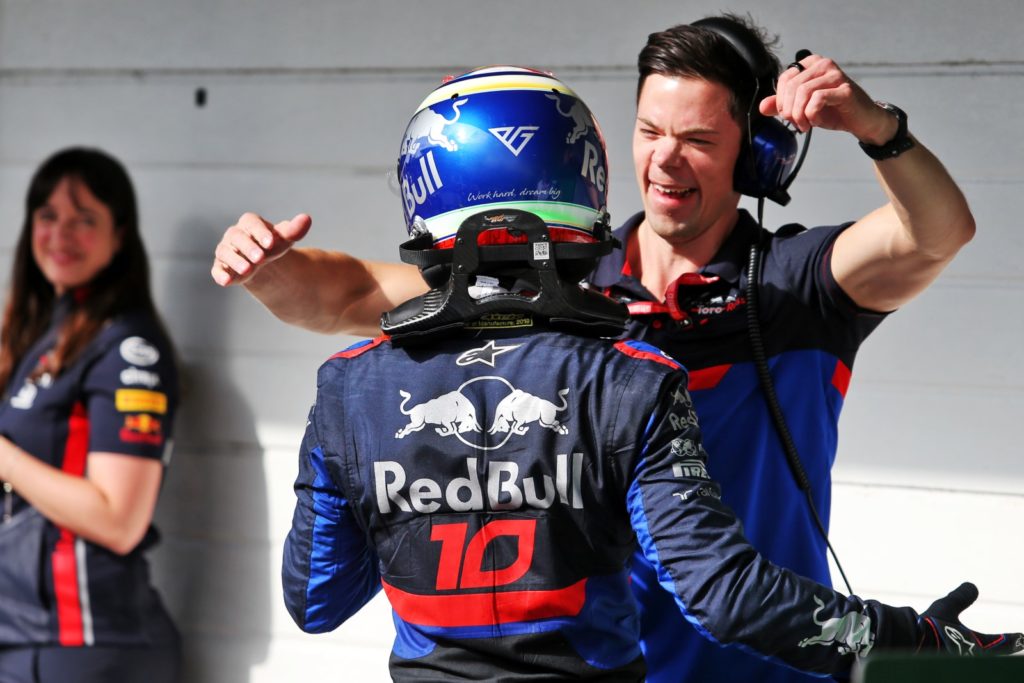
“In this moment every team member is becoming like a football player,” he says.
“You can replace a football player, but normally you have the 11 preferred, and they have to be careful not to get injured because the team needs them. It’s the same in that you need to be responsible as much as possible, as if you get infected, and you have to be in quarantine, and the team is losing one person, and the team starts to lose one or two or three persons, it can be critical.
“Every team member suddenly becomes important, nearly like a driver, they have to behave very professional, in a healthy way, respecting the guidelines from the FIA. This will be an additional stress obviously.”
Some sports that have already resumed, or are in the process of getting underway, have started testing personnel for Covid-19. A smattering of positive tests have been returned while a handful of participants – most notably in football – have voiced concerns over their safety. It is an understandable perspective. Dr. Ceccarelli agrees that it is an added complication for Formula 1 drivers but reckons their greater worry would be on the potential disruption a positive test would cause.
“If you can consider like [Juventus striker Paulo] Dybala, he was positive, for 40 days, okay, no symptoms, but 40 days positive,” he concurs. “It’s like if you break a bone and for 40 days you cannot race any more. If you test positive, through a swab, that means that your career has stopped, and it could be even longer. It’s like an injury, so I think every football player, driver, athlete, is scared, not so much for the [medical] consequence as they are young and normally you see no-one [young] goes to the hospital, or has a big problem, but you have to stay in quarantine, when the race starts again. There are so many [races] in a row, if you [test] positive, and you have to maybe stay one month out, you lose three or four races minimum.
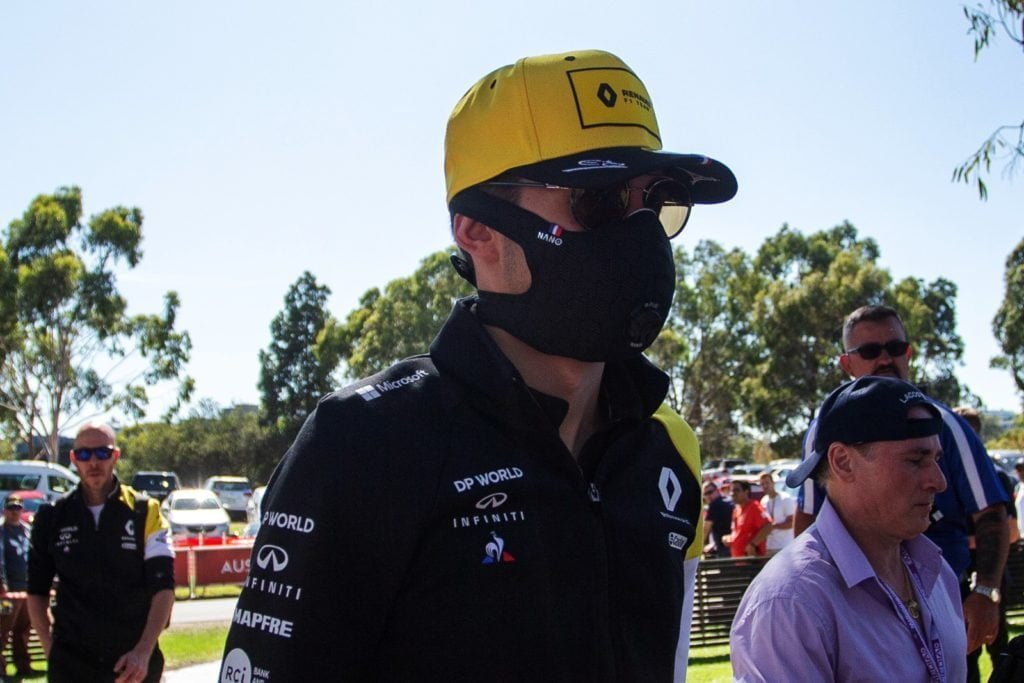
“I think football players or drivers will be very, very worried, and scared, again not to be infected for the [medical] consequences but because they have to go to quarantine and stop for a while.
“It’s clear when they go to the race there is an extra stress, ‘how to protect myself, how to limit the contact’, so this for sure is going to affect their normal day, their normal behaviour.
“I understand they are worried. If you stay 40 days out it’s a long time for an athlete.”
The close nature of the relationship between drivers and their trainers is another aspect that has to be considered. It is an almost brotherly bond and at circuits you rarely see a driver without their trainer in close proximity. “They [the trainers] have to be careful,” acknowledges Dr. Ceccarelli. “Not to go out, potentially get infected, as the trainer is so close to them – they do their massages, for example.” It is a precaution that is affecting everyone. “All my staff at the clinic, we have to protect ourselves, disinfect this and that. It’s another stress, a commitment – an annoying situation.”
Dr. Ceccarelli is nonetheless hopeful, and confident, that the races can go off without a hitch.
“Until July there is still one month and a half more or less,” he quips. “We hope things will change positively compared to now.
“I hope the restrictions will be less compared to now as that will make people work with a bit of an easier approach.”

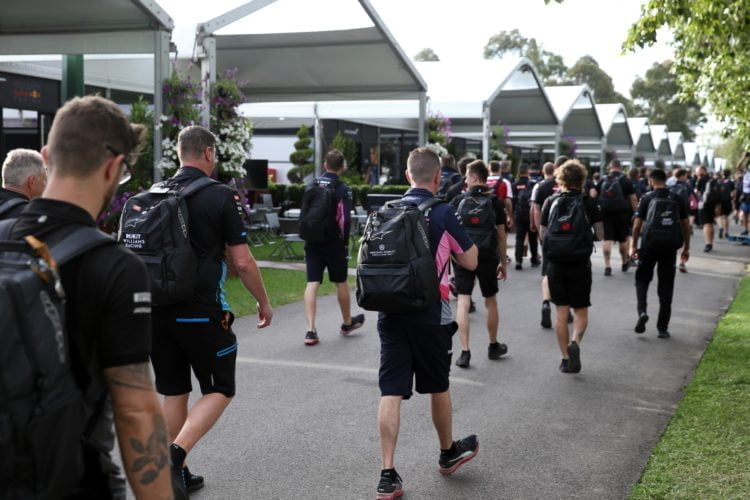


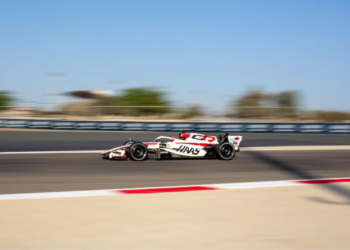
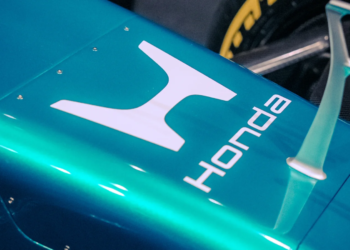
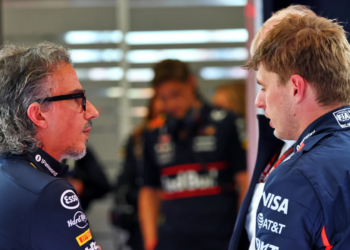
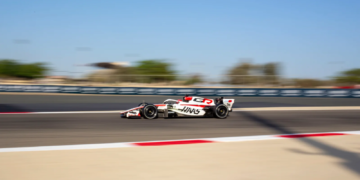
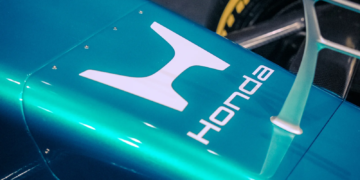
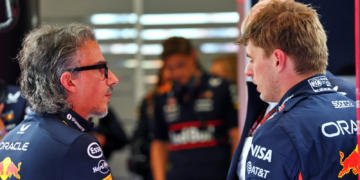
Discussion about this post